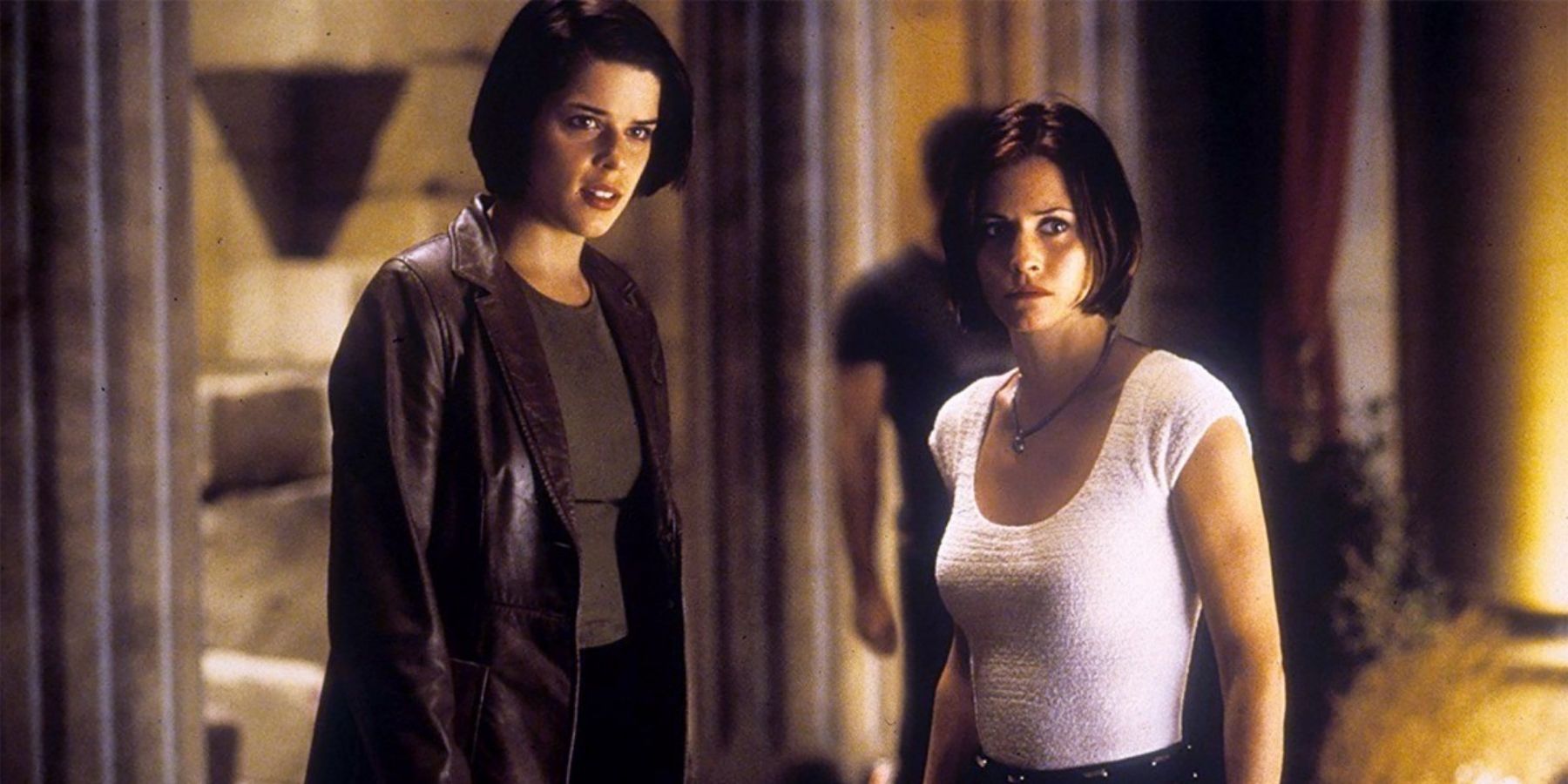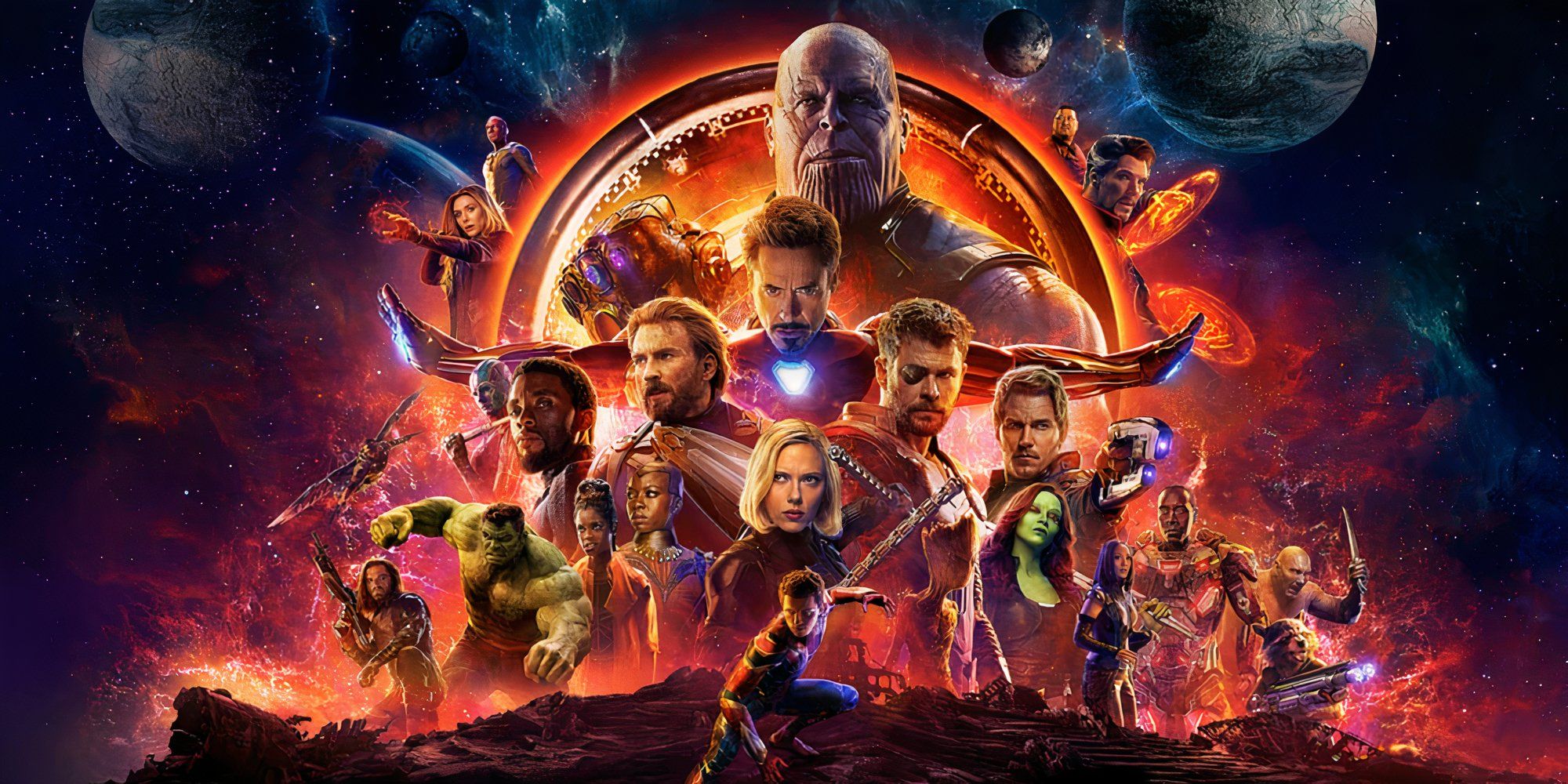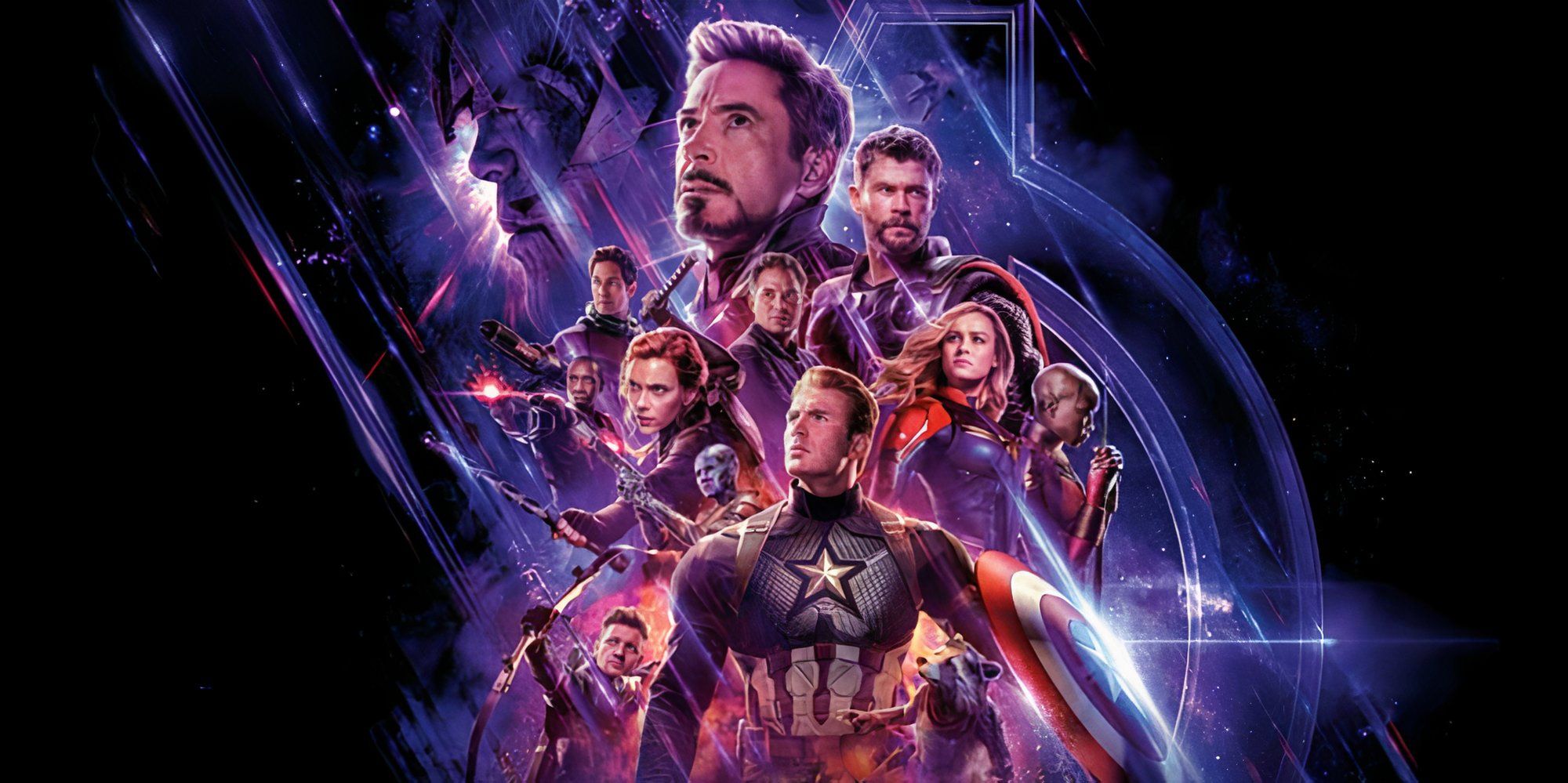The Marvel Cinematic Universe is going through a transitional phase, as it is still reeling from the box office disaster of The Marvels in 2023. There is a common feeling among fans that the MCU needs to slow down its output in order to retain the quality of the movies and television series in the universe. This was evident as far back as the quick succession releases of Avengers: Infinity War in 2018 and Endgame in 2019, with many fans thinking more time should have passed between these two gigantic releases.
There have been four Avengers movies thus far. The Avengers was released in 2012 and Avengers: Age of Ultron came out in 2015, providing the MCU with three years in between to release other movies and build up excitement for the next installment. There were another three years between the release of the second Avengers movie, and Infinity War, again providing a much-needed build up to the next assembling of the major superheroes in the MCU. So why wasn't more time able to pass between Avengers: Infinity War and Avengers: Endgame?
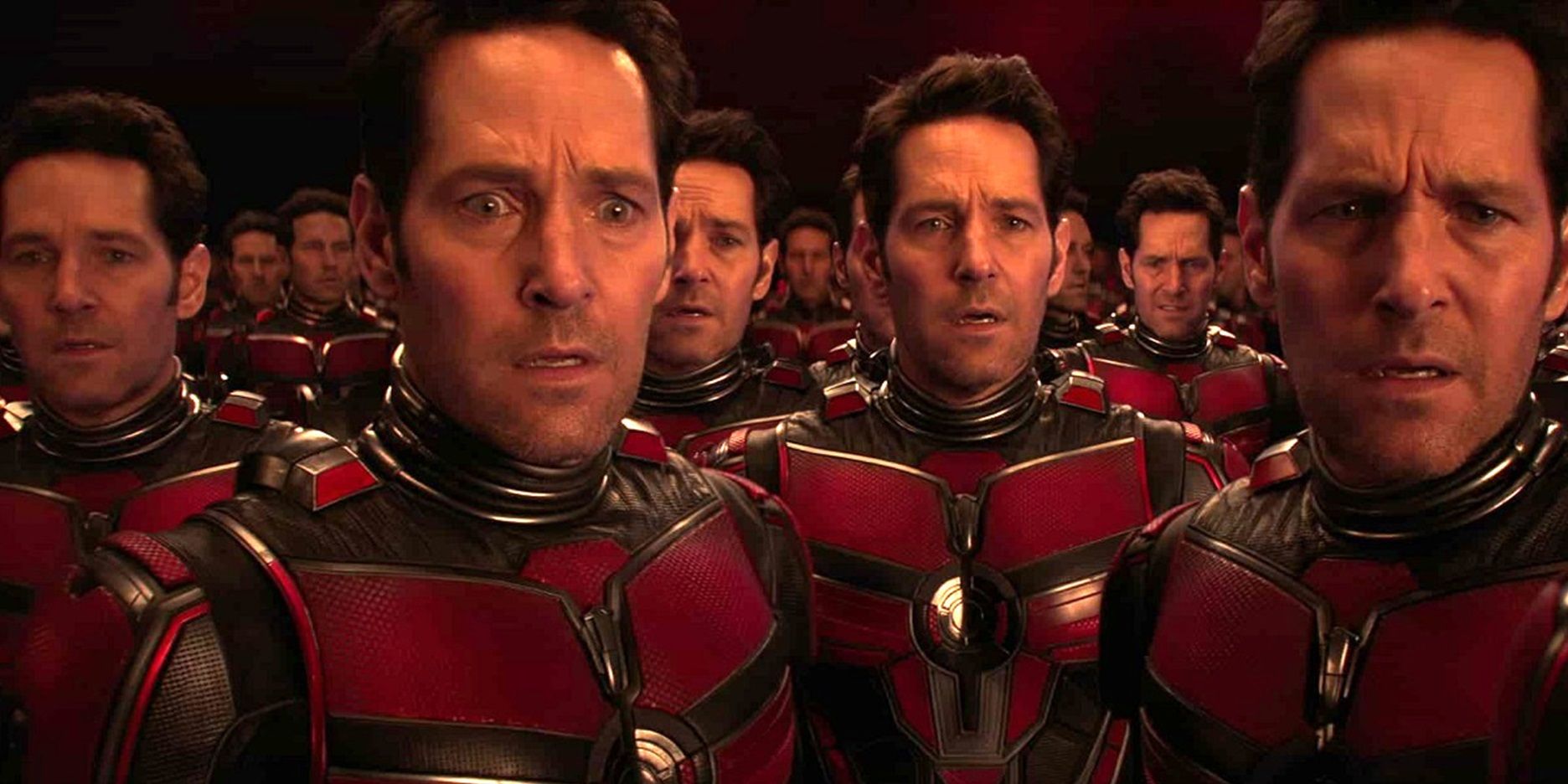
The Marvel Cinematic Universe Introduced Too Many Superheroes
While the comics have a million heroes to choose from, Marvel's cinematic model is struggling to balance its ever-expanding roster.
Should Marvel Have Let More Time Pass Between Infinity War and Endgame?
It is a rarity in Hollywood that sequels come out less than two years after their predecessor, with the time, money and planning that goes into making a movie. However, there was one year between the releases of Avengers: Infinity War and Avengers: Endgame, which, for a big budget blockbuster franchise, is quite impressive.
Having said that, many fans think there should have been more time between the two releases, to create more buzz and a longer cooling-off period between Thanos' destruction. Many fans took to Reddit to voice their opinions on the matter, with JohnStonesTheGoat stating this:
I get that it made sense logistically [...] but now I think the stories of characters who we knew prior to the snap just don’t make as much sense anymore. How do rocket and nebula never even mention the fact that they lost the rest of their new family in the guardians for 5 years and what did they even do really? The whole point of that trilogy for example is that these characters are finding themselves through this temporary “family” that they come together as [...] but then the main character who embodies all of that- rocket, just lost that family for 5 years and we are acting like it didn’t happen?
These are valid points, and it's a feeling that is mirrored by a lot of fans of the MCU. The quick turnaround of the two movies didn't reflect the passing of time between the timelines in the universe, which was a long five years. There's an logical argument that waiting a few more years in real life would have created a better reality in the passing of time.
On the other hand, from a business point of view, waiting longer than a year for the concluding part of a two-part story doesn't make much sense. Maybe the answer lies in the timelines during the movie being the problem, and a shorter gap between the snap and the return of the dead characters would have made more sense.
Box Office Numbers Suggest the Quick Turnaround Was Justified.
The Avengers faced their biggest threat yet when they assembled in Avengers: Infinity War, when Thanos upped his attempt to put an end to the universe. Fans knew heading into the movie that it would be a two-part story, with Avengers: Endgame to follow a year later. Avengers: Infinity War was released in April 2018, and earned a staggering $2 billion at the worldwide box office, making it one of the highest grossing movies of all time.
Avengers: Endgame was released in April 2019, and exceeded the gross of its predecessor, with a return of $2.8 billion at the worldwide box office. The staggering numbers suggest that the studio was justified in its decision to press forward with the sequel only a year after Infinity War. Many sequels have suffered from waiting too long to follow up on the movie before it. However, a few franchises have tried the quick sequel trick, with differing results:
Back to the Future Parts 2 & 3 | |
|---|---|
Release Dates | November 22, 1989 and May 25, 1990 |
Time Between Releases | 6 months |
Box Office Worldwide Gross |
|
The Matrix Reloaded and Revolutions | |
|---|---|
Release Dates | May 21, 2003, and November 5, 2003 |
Time Between Releases | 6 months |
Box Office Worldwide Gross |
|
Pirates of the Carribbean; Dead Man's Chest/At World's End | |
|---|---|
Release Dates | July 6, 2006 and May 24, 2007 |
Time Between Releases | 11 months |
Box Office Worldwide Gross |
|
Lord of the Rings Trilogy | |
|---|---|
Release Dates |
|
Time Between Releases | 1 year |
Box Office Worldwide Gross |
|
It appears that one year seems to be the right time for a franchise to wait between sequels. Those that rush their releases tend to face a decline in worldwide box office takings. In contrast, sequels that wait a year between releases tend to do better, which is evident with Infinity War and Endgame.
The next Avengers movie was delayed, and it will now hit theaters on May 1, 2026, seven long years since the last Avengers movie. But it appears Marvel is following its trend of releasing Avengers movies in quick succession, as the sixth entry will follow in 2027, and it will be called Avengers: Secret Wars.
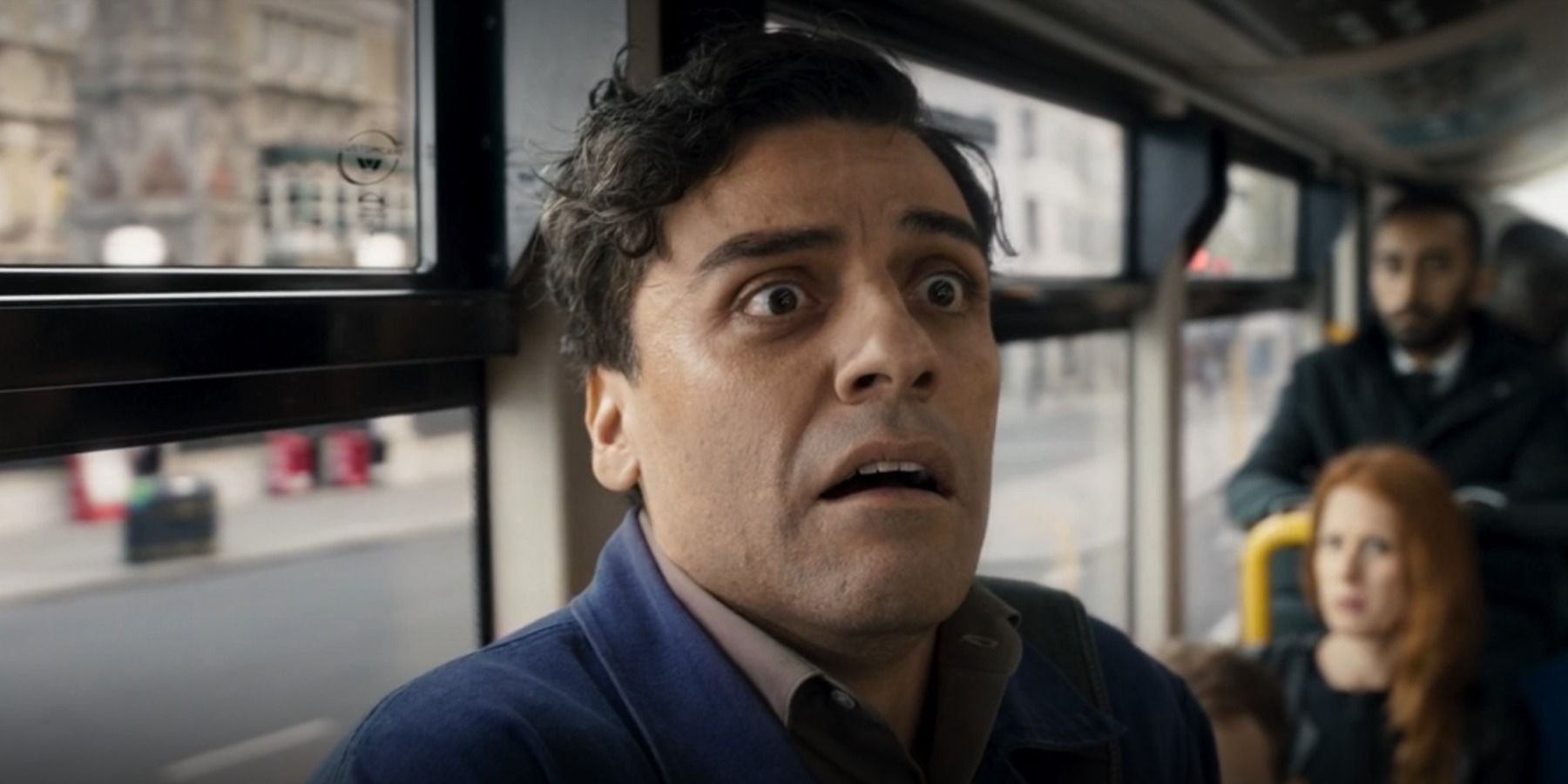
The Problem With Marvel Cinematic Universe Dialogue
The MCU has an annoying habit of undercutting itself with its writing, and when it's noticed, it can't be ignored.

